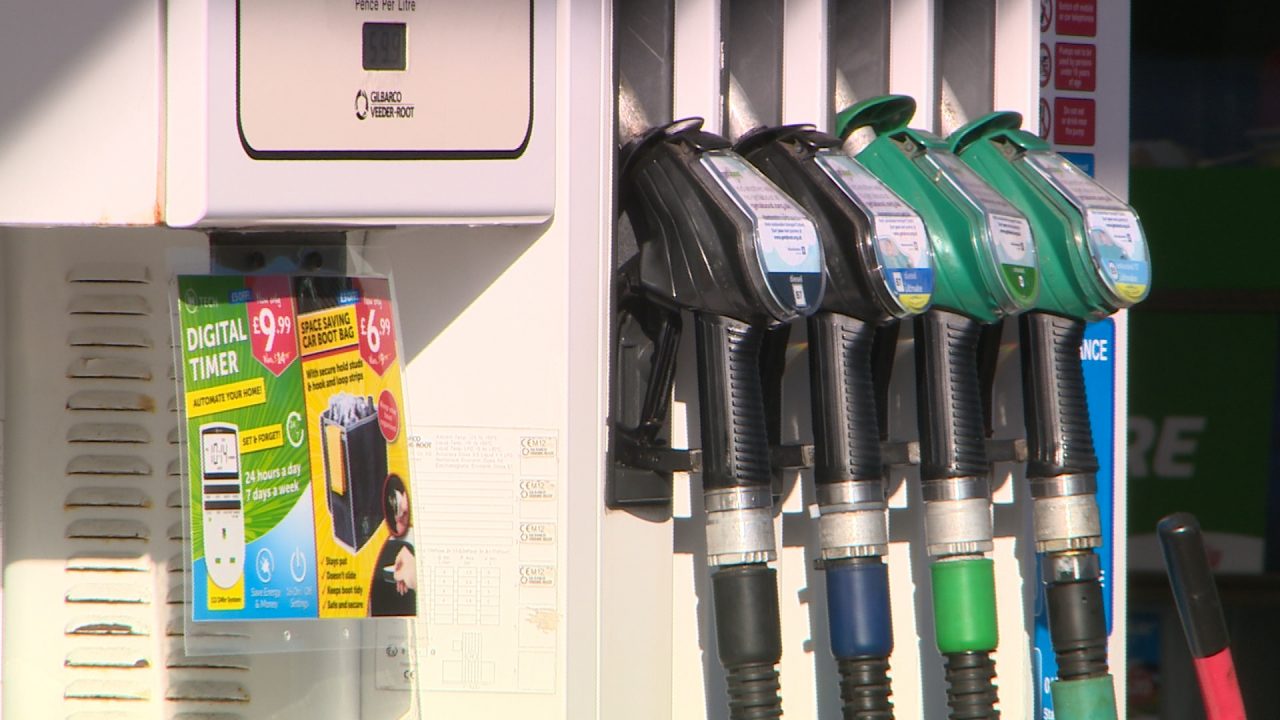Inflation has surged to a 40-year high driven by fuel costs and food prices amid the cost of living crisis, according to official figures.
The Office for National Statistics (ONS) said Consumer Prices Index (CPI) inflation rose to 9.4% in June, up from 9.1% in May, which remains the highest level since February 1982.
It comes as Scottish retailers said they are walking a fine line” between protecting margins and further denting consumer confidence by passing on price rises.
In recent months, the cost of fuel has soared due to the war in Ukraine as the UK and EU reduce the use of Russian oil.
Grant Fitzner, chief economist at the ONS, said: “Annual inflation again rose to stand at its highest rate for over 40 years.
“The increase was driven by rising fuel and food prices; these were only slightly offset by falling second-hand car prices.”
The latest data from ONS revealed that the cost of motor fuels jumped by 42.3% in the 12 months to June, which is the biggest leap since records began.
Average petrol prices stood at 184p a litre last month, up 18.1p since May 2022, while diesel raced 12.7p higher to 192.4p a litre, which was also a record.
Food and non-alcoholic drink prices have risen also by 9.8% in the year to June 2022 – the highest rate since March 2009.
Food prices lifted 1.2% month on month in June, which follows similar increases in April and May as higher cost pressures and the impact of the Ukraine war filter down to the supermarket shelves.
The ONS said the largest upward effect came from essentials such as milk, cheese and eggs, but big price rises were also seen for vegetables, meat and other food products, such as ready meals.
It comes on top of eye-watering gas and electricity tariff increases, with the annual inflation rate standing at a record 70.2% and with further rises to come.
Ofcom’s next review of the energy price cap is expected to push inflation above 11% in the autumn.
Chancellor Nadhim Zahawi and Bank of England governor Andrew Bailey have both pledged to get inflation under control.
Zahawi said: “Countries around the world are battling higher prices and I know how difficult that is for people right here in the UK, so we are working alongside the Bank of England to bear down on inflation.”
Mr Bailey said a bigger interest rate rise will be one of the options being mooted at the next meeting of the Bank of England’s decision-makers.
He said a 50 basis percentage point rise – which would take rates from 1.25% to 1.75% – is on the table as part of its vow to “act forcefully” if inflation shows signs of becoming embedded in the economy.
Follow STV News on WhatsApp
Scan the QR code on your mobile device for all the latest news from around the country


 STV News
STV News

























